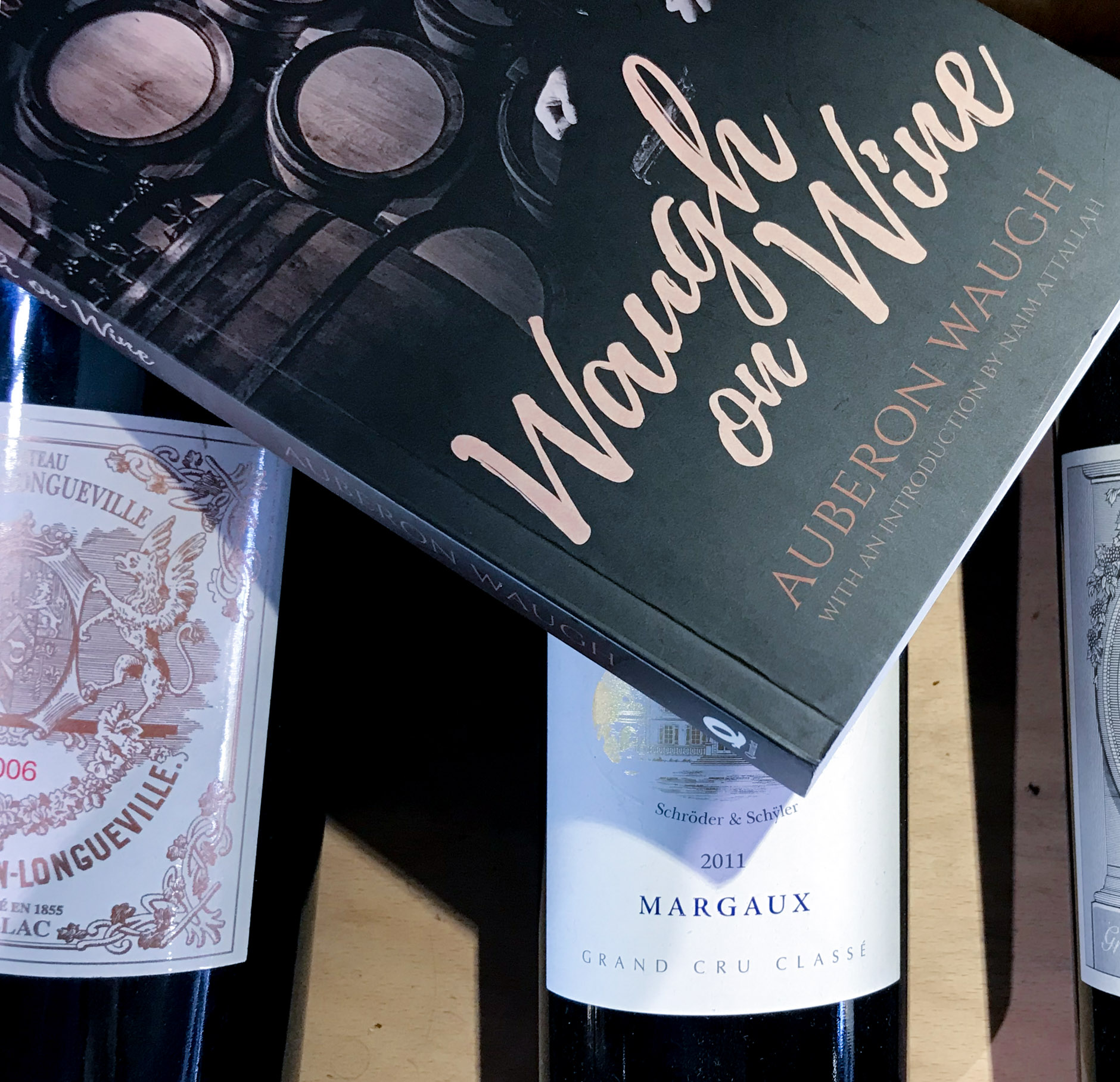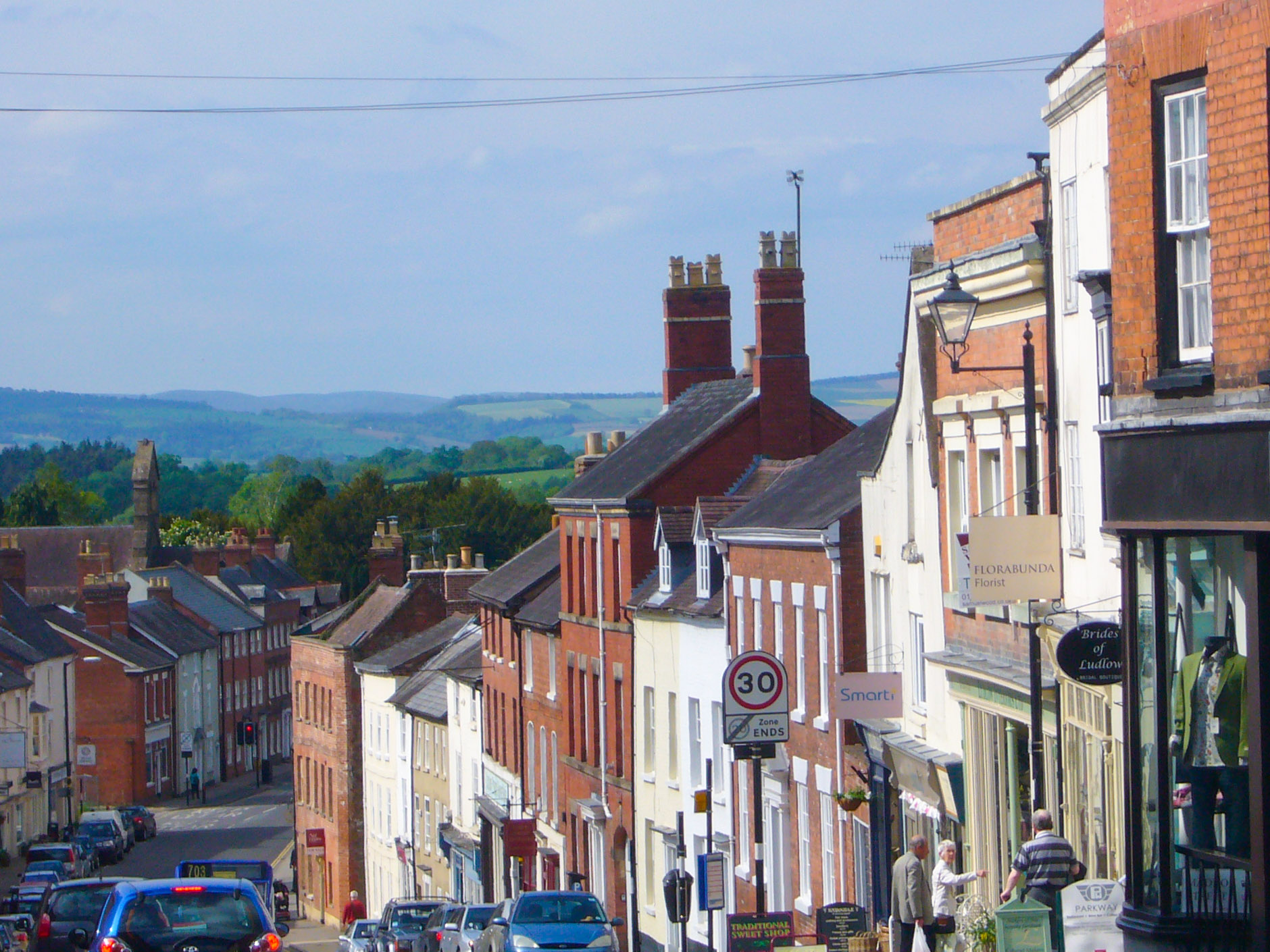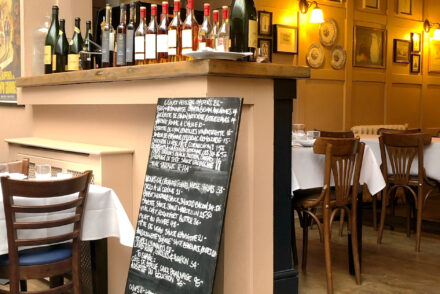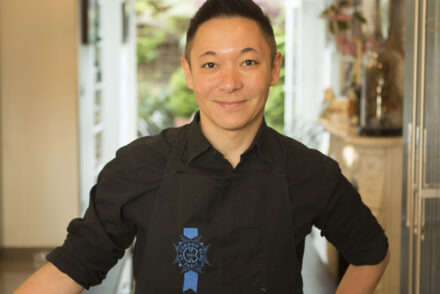Following more than two decades of unavailability, Quartet Books this year (2019) published Auberon Waugh’s 1987 work, Waugh on Wine.
“Bron” Waugh (1939-2001) was born to literary endowment having been the son of Evelyn Waugh. While Bron Waugh wrote on many subjects, an enthusiasm for wine that was almost unprecedented in 1970s and 1980s Britain drew the attention of Tatler magazine, by whom he was commissioned to write a wine column. For this, Waugh chose the alias “Crispin St Crispian” – a reflection of his upper class eccentricity.
Waugh was known for his incendiary locutions, distributed via his own books and in the columns of The Spectator. So derided was he as an uber-toff and source of offence that Polly Toynbee, Guardian journalist, levelled biting criticism of the late author’s alleged bigotry in the wake of his death.
How then is Waugh on Wine, penned in 1987, likely to land with the modern reader?
There is no escaping that Waugh had a sharp and acerbic wit that he was happy to deploy throughout his work, seemingly desultorily. The effect is often very funny, with many florid take-downs of snobby hosts and slaughterous attacks on budget wines.
Side-by-side with barbed passages is the use of anachronistic, racially-charged language such as the word “piccaninny” (outmoded slang for a black child). It generates a moral tug of war: was 1987 sufficiently long ago to provide a foundation for excuses around language that became unacceptable, or should Waugh have known better? The word I referenced is not one I ever heard in my family’s home in the 1980s, though we do know Boris Johnson used it, supposedly innocently. Indeed, Waugh was hauled in front of the Commission for Racial Equality in the 1990s following the use of a controversial metaphor involving colour. It seems, though I know too little to attempt a conclusion, that Waugh belonged to an exclusively-educated, landed gentry sort of milieu, now somewhat defunct (or wisely clandestine), from which a small number of bright and confident orators with eugenicist theories emerged. Churchill and Bernard Shaw come to mind; their philosophies seemingly based not on pure evil but on a misplaced, lazy and ignorant assessment of foreign peoples.
Another area in which Waugh’s work lacks currency is in his musings over prime cellars, to include that beneath Annabel’s private members’ club. While vaguely interesting as a morsel of history, the modern wine enthusiast can gain little from Waugh’s Michelin-esque tour d’horizon of reputed suppliers and hostelries of 1980s London.
Relevance still holds in the pages concerning great clarets and Burgundies, and Waugh was perspicacious in asserting both the bright future of Loire wines and the poor dividends of the Anjou and Saumur regions of France.
A short book, I consumed Waugh on Wine inside a day. I laughed here and there and felt at times that I was ploughing through a particularly haughty A. A. Gill review. The reality is that Waugh was not like us, and we cannot easily relate. There is a layer of upper, upper class, full of brigadeers and country shoots and Duchies, that I will never access or comprehend. Waugh, coming from such a context, issued his derision with a sense of authority and – if you see YouTube videos of old interviews – an R.P. accent comparable only to war-era radio broadcasters. In this respect, Waugh was other-wordly; an elite in the true sense. Waugh on Wine is, in turn, like a goatish, stinging instalment of Jeeves and Wooster.
If a grape geek, you’ll enjoy the fine wine analysis – covering massive vintages like that of 1982 for claret. History and nerdiness coalesce in the pages of Waugh’s book, together with several amusing lines for light relief. The rest may leave you feeling somewhat cold and, as I detailed earlier, possibly uncomfortable.
by C Ley






